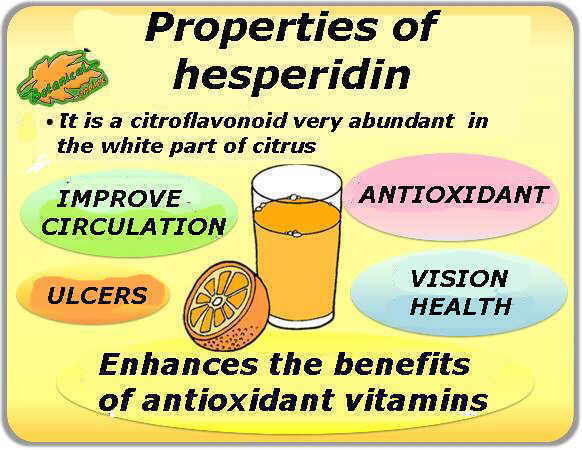Benefits of Hesperidin
Welcome to our comprehensive guide on the benefits of hesperidin. In this article, we will explore the various advantages of consuming hesperidin and how it can positively impact your health and well-being.
What is Hesperidin?
Hesperidin is a flavonoid compound found abundantly in citrus fruits such as oranges and lemons. It is known for its antioxidant and anti-inflammatory properties, making it a valuable bioactive compound for human health.
Antioxidant Effects
Hesperidin acts as a potent antioxidant, protecting your body against the harmful effects of free radicals. Free radicals are unstable molecules that can cause oxidative stress, leading to cell damage and various chronic diseases. By neutralizing these free radicals, hesperidin helps reduce the risk of oxidative damage and supports overall cellular health.
Anti-Inflammatory Properties
Inflammation is a natural response by the body to protect against injury or infection. However, chronic inflammation can contribute to the development of diseases such as heart disease, diabetes, and certain types of cancer. Hesperidin has been shown to possess anti-inflammatory properties, helping to reduce inflammation and potentially lower the risk of chronic diseases.
Cardiovascular Health
Research suggests that hesperidin may have beneficial effects on cardiovascular health. It can help improve blood circulation, reduce blood pressure, and enhance the function of blood vessels. By promoting healthy blood flow, hesperidin may play a role in preventing heart disease and reducing the risk of cardiovascular events.
Immune System Support
Consuming hesperidin can also provide support to the immune system. It helps strengthen the body’s defense mechanisms, making it more resistant to infections and diseases. Additionally, hesperidin’s antioxidant properties may help reduce oxidative stress on the immune system, allowing it to function optimally.
Skin Health
Hesperidin offers potential benefits for skin health as well. It can help protect the skin against UV-induced damage, reduce the appearance of wrinkles, and improve overall skin tone and texture. Additionally, hesperidin’s anti-inflammatory properties may aid in soothing skin conditions such as acne and eczema.

In conclusion, hesperidin is a powerful bioactive compound with numerous health benefits. From its antioxidant and anti-inflammatory effects to its potential positive impact on cardiovascular health, immune system support, and skin health, hesperidin proves to be a valuable addition to a healthy lifestyle. Consider incorporating citrus fruits or hesperidin supplements into your diet to experience these benefits firsthand.
Frequently Asked Questions about the Benefits of Hesperidin
1. What is hesperidin?
Hesperidin is a flavonoid found in citrus fruits such as oranges and lemons. It is known for its antioxidant and anti-inflammatory properties.
2. What are the main health benefits of hesperidin?
Hesperidin has several health benefits, including improving cardiovascular health, reducing inflammation, boosting the immune system, and promoting healthy skin.
3. How does hesperidin improve cardiovascular health?
Hesperidin helps improve cardiovascular health by strengthening blood vessels, reducing cholesterol levels, and preventing the formation of blood clots.
4. Can hesperidin reduce inflammation?
Yes, hesperidin has anti-inflammatory properties that can help reduce inflammation in the body, which may be beneficial for people with conditions like arthritis.
5. Does hesperidin boost the immune system?
Yes, hesperidin can boost the immune system by enhancing the activity of immune cells and reducing oxidative stress, thus helping the body fight against infections and diseases.
6. Can hesperidin promote healthy skin?
Yes, hesperidin has been shown to have beneficial effects on the skin by improving collagen production, reducing oxidative stress, and protecting against UV-induced damage.
7. Is hesperidin safe to consume?
Yes, hesperidin is generally considered safe for consumption when taken in appropriate amounts. However, it is always recommended to consult with a healthcare professional before starting any new supplement.
8. Are there any side effects of hesperidin?
Hesperidin is well-tolerated by most people, but some individuals may experience mild side effects such as stomach upset or headaches. These side effects are usually rare and not severe.
9. Can hesperidin interact with medications?
Hesperidin may interact with certain medications, such as blood thinners or anticoagulants. It is important to consult with a healthcare professional if you are taking any medications before starting hesperidin supplements.
10. Where can I find hesperidin?
Hesperidin can be found in citrus fruits like oranges, lemons, and grapefruits. It is also available as a dietary supplement in the form of capsules or tablets, which can be purchased from health food stores or online retailers.




